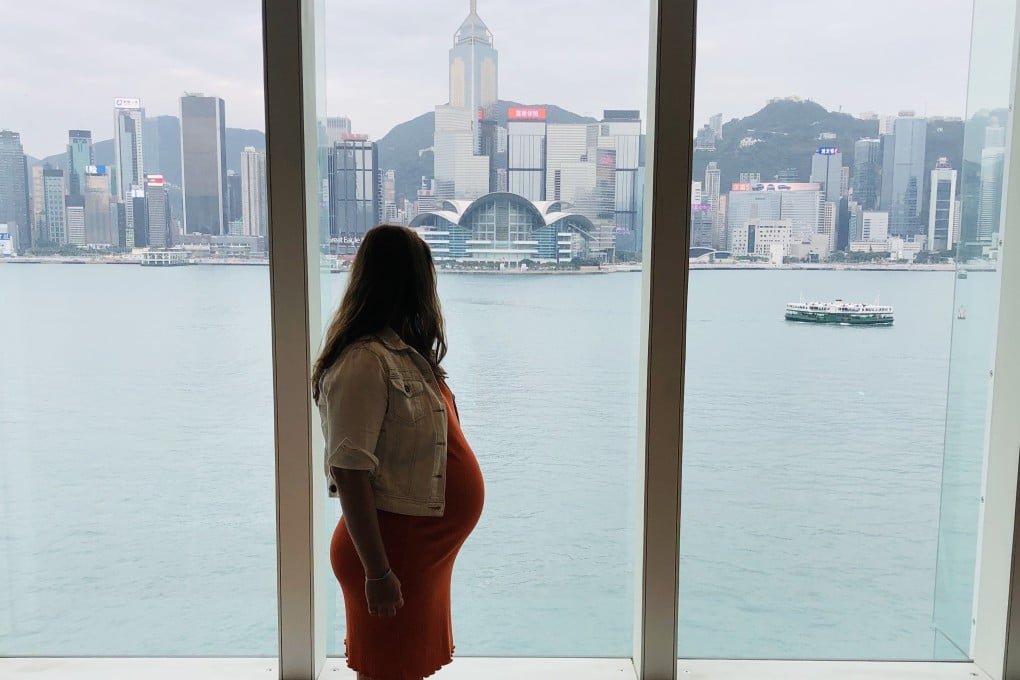Pandemic pregnancy worries – about whether to get vaccine shots, what happens if you get Covid – add to the anxiety for two expectant mothers
- The Covid-19 pandemic adds to the anxiety of becoming a mother, with conflicting and changing health advice and the fear that you or baby will get the virus
- To reduce anxiety focus on what you can control, says Hannah Reidy of Mind Hong Kong, who is pregnant with her second pandemic baby

Expecting a baby – especially for first-time mums – can make for anxious moments at the best of times. Factor in a global pandemic and it is especially scary.
“In the lead-up to that birth there was a lot of uncertainty and worry – what would happen if I tested positive [for Covid-19]? When would I be able to see my family? Would they be able to visit Hong Kong?” says Reidy.
She gave birth to a healthy baby girl in November 2020. One of her daughter’s first words, after “Mama” was “mask”.
Friends who have recently given birth locked themselves down before their due date
“She would see my husband and I talking about putting our masks on before we went out and she pointed to her face and said, ‘Mask, mask,’” says Reidy.
“Mask” may have been one of this Covid baby’s first words, but she did have the advantage of having both her parents working from home for a huge chunk of her first year.